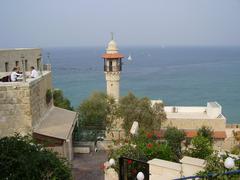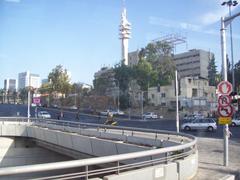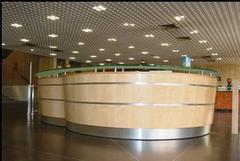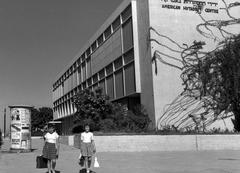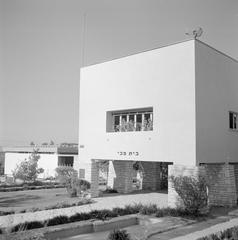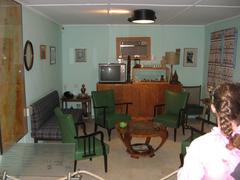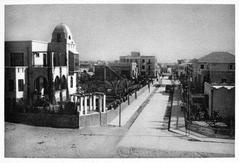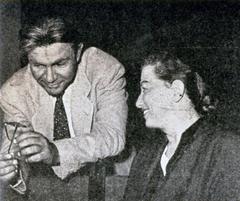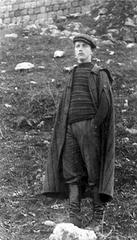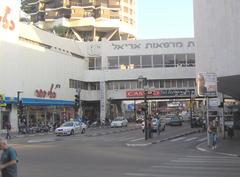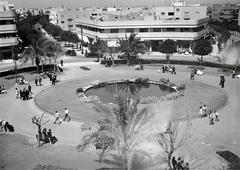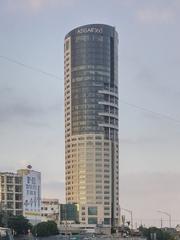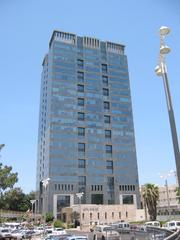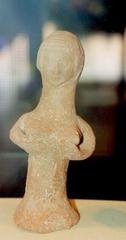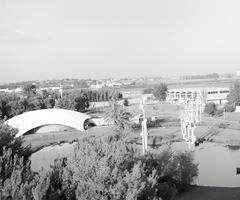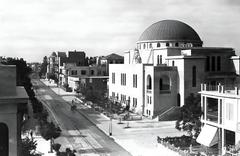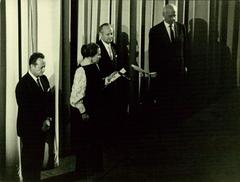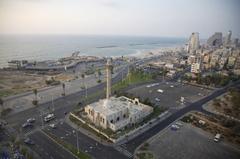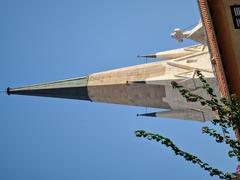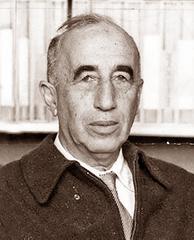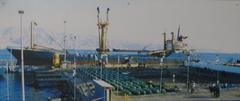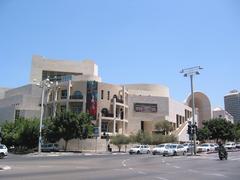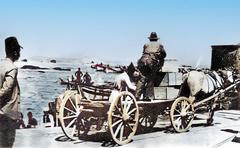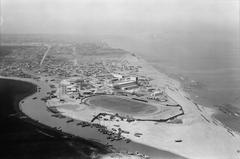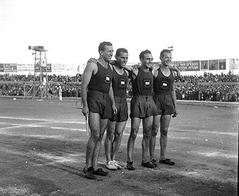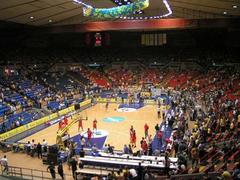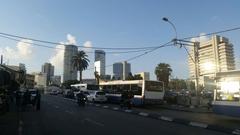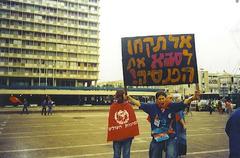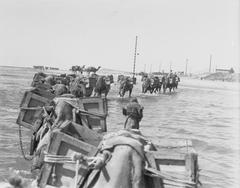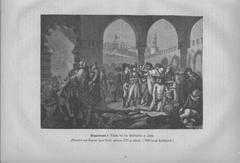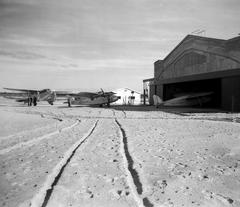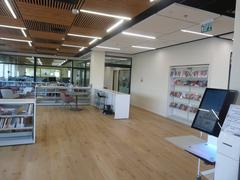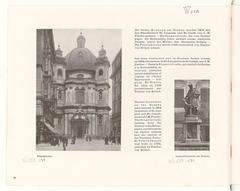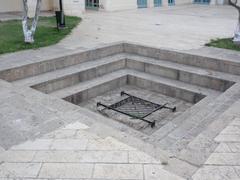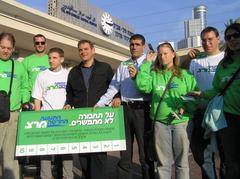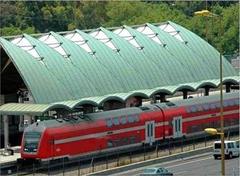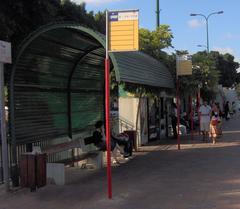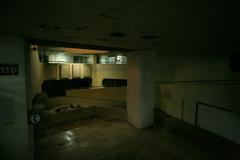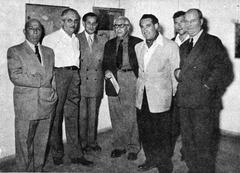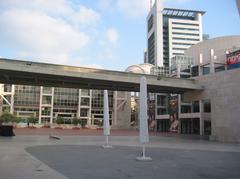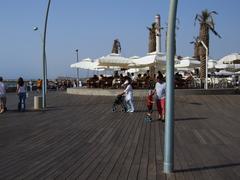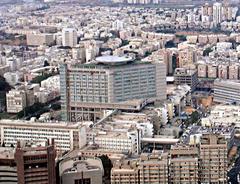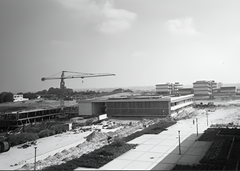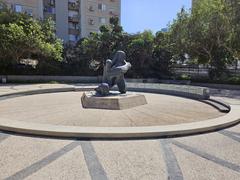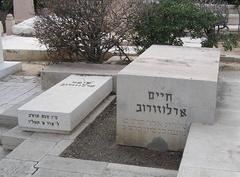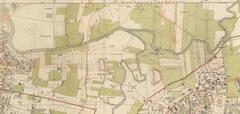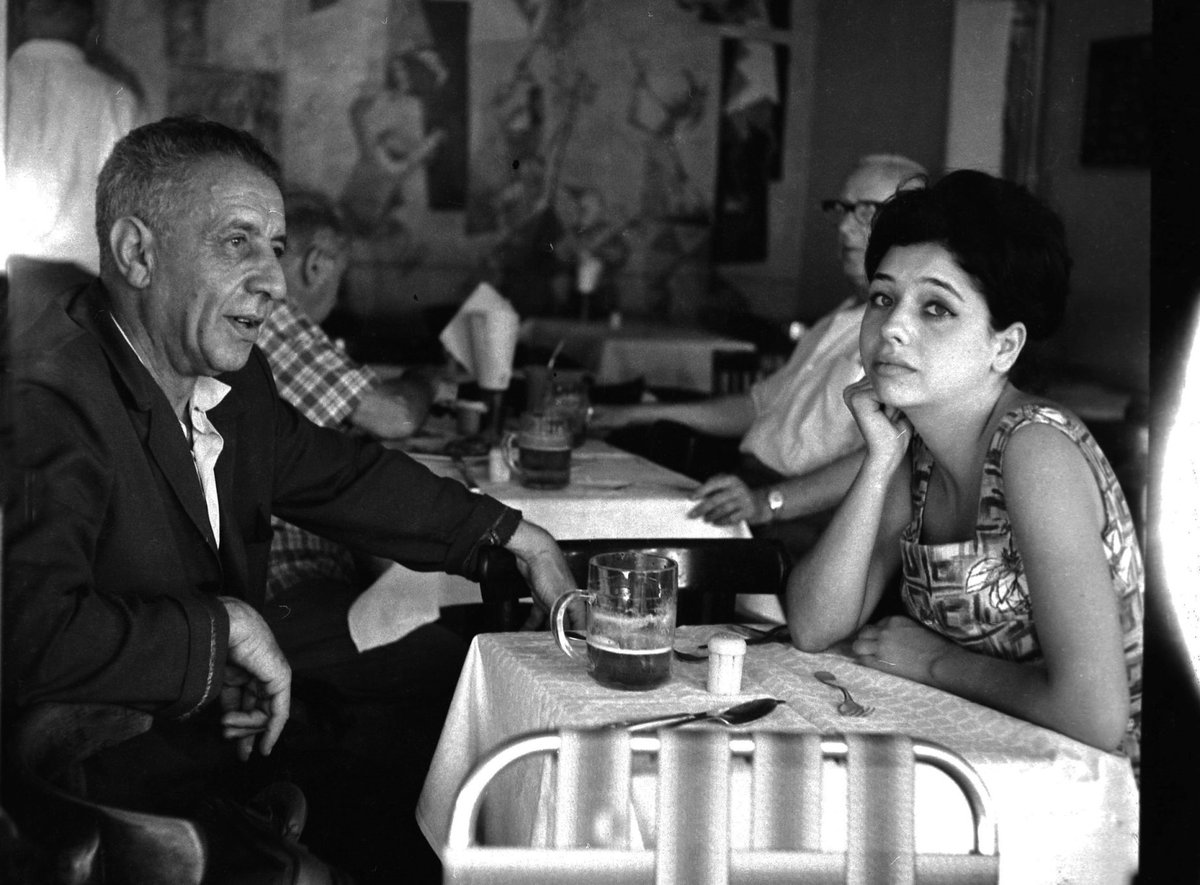
Café Kassit Tel Aviv: Visiting Hours, Tickets, and Visitor Guide
Date: 04/07/2025
Introduction
Café Kassit, nestled in the heart of Tel Aviv at 117 Dizengoff Street, is one of the most storied landmarks in Israel’s café culture. Although the original café closed in 2014, its legacy as a hub for artists, writers, and bohemian thinkers continues to resonate throughout the city. This guide provides a comprehensive overview of Café Kassit’s history, cultural significance, practical visitor information, and tips for making the most of your visit to this historic site.
Historical Overview
Founding and Early Years (1935–1944)
Established in 1935 by Yechezkel Weinstein (Hatzkel Ish Kassit), Café Kassit was conceived as a meeting place for Tel Aviv’s burgeoning artistic and intellectual community. Its name, inspired by the gemstone “Kassita” and suggested by poet Avraham Shlonsky, quickly became synonymous with creativity and open exchange. After an initial period and relocation, it found its legendary footing at 117 Dizengoff Street in 1944 (Wikipedia, Anecdote Guide).
Kassit’s Golden Era: The 1940s–1960s
The café’s heyday spanned the 1940s to the 1960s, when it became the epicenter of Tel Aviv’s bohemian and cultural life. Café Kassit was frequented by prominent poets (Natan Alterman, Avraham Shlonsky, Leah Goldberg, Alexander Penn), writers (Dahn Ben-Amotz), artists (Isaac Frenkel Frenel, Uri Lifshitz), musicians (Arik Einstein, Shmulik Kraus), and actors (Hanna Rovina, Aharon Meskin) (Wikipedia, Haaretz). The “Kassit parliament”—a reserved section for regulars—became an incubator for heated debates, artistic collaboration, and inspiration.
Cultural Significance
Café Kassit played a pivotal role in shaping Israel’s artistic and intellectual identity. It was a place where boundaries between disciplines blurred and the city’s creative pulse was most palpable. As Uri Avneri famously remarked, “Anyone who created anything in the country lived in Tel Aviv. And anyone who lived in Tel Aviv sat at Kassit… For poets, it was paradise” (Haaretz).
Management and Family Legacy
After the passing of Hatzkel Ish Kassit in 1979, his family continued to manage the café, keeping its spirit alive for decades. Kassit’s legacy is also immortalized in Israeli popular culture, notably in songs and documentaries, including Meir Suissa’s “Kol Anshei Kassit” (Anecdote Guide).
Decline and Closure
By the 1970s and 1980s, Kassit’s influence waned as new cafés emerged and its core clientele aged. The café operated under its original name until 2006, after which it underwent ownership changes and eventually closed in 2014 (Wikipedia). Despite its closure, Kassit remains an enduring symbol of Tel Aviv’s creative spirit.
Practical Visitor Information
Location and Accessibility
- Address: 117 Dizengoff Street, Tel Aviv
- Public Transportation: Easily accessible by bus, taxi, or on foot from central Tel Aviv landmarks.
- Accessibility: The area is pedestrian-friendly; the commemorative plaque is street-level and accessible, but check with tour operators for full accessibility needs.
Visiting Hours and Tickets
- Café Status: The café is no longer operational; only a commemorative plaque marks the historic site.
- Visiting Hours: The plaque and exterior are accessible 24/7.
- Tickets: No entrance fee or ticket required.
Guided Tours
Many Tel Aviv walking tours include Kassit as a stop, offering stories and context about its cultural impact. Check with local tour operators or the Tel Aviv tourism office for updated listings (Anecdote Guide).
Photographic Opportunities
The commemorative plaque and the bustling Dizengoff area offer excellent photo spots. For a true taste of the café’s legacy, capture images of nearby galleries, theaters, and the lively street scene.
Café Kassit’s Role in Israeli Café Culture
Café Kassit is often credited with influencing Israel’s broader coffeehouse tradition, favoring informal, communal atmospheres and fostering open dialogue. It reflected Tel Aviv’s Mediterranean and Middle Eastern influences, serving classic coffee drinks like “café hafuch” (Israeli latte) and strong espresso (The Proper Kitchen).
Nearby Attractions
- Dizengoff Center: Major shopping and entertainment complex.
- Tel Aviv Museum of Art: Showcasing modern and contemporary works.
- White City/Bauhaus District: Explore UNESCO-listed architecture.
- Carmel Market: A lively market for food and crafts.
- Rothschild Boulevard: Lined with historic buildings and vibrant cafés.
Visitor Tips
- Best Times to Visit: Daytime is ideal for sightseeing and photos. Spring and autumn offer mild weather (Global Highlights).
- Dress Code: Smart casual; Tel Aviv is relaxed and cosmopolitan.
- Language: English is widely spoken; menus and tours are often bilingual.
- Payments: No fee for visiting the plaque; nearby cafés accept major credit cards.
- Safety: The area is safe, but as with any city, keep personal belongings secure.
Special Events and Local Happenings
While Café Kassit itself no longer hosts events, the Dizengoff area is lively with festivals, music performances, and art exhibitions, especially in summer (My Guide Tel Aviv). Check local listings for up-to-date happenings.
FAQ
Q: Can I visit Café Kassit today?
A: The original café is closed, but the commemorative plaque at 117 Dizengoff Street is publicly accessible.
Q: Are there tickets or entry fees?
A: No tickets are required to visit the plaque or surrounding area.
Q: Are there guided tours including Café Kassit?
A: Yes, several walking tours of Tel Aviv’s cultural history include the site.
Q: Is the area wheelchair accessible?
A: Generally yes, but verify with specific tour providers for detailed accessibility.
Q: What are the best nearby attractions?
A: Dizengoff Center, Tel Aviv Museum of Art, Bauhaus architecture, Carmel Market, and city beaches.
Conclusion
Café Kassit stands as a testament to the power of communal spaces in nurturing creativity, dialogue, and cultural identity. Though no longer operating as a café, its site remains a vital landmark in Tel Aviv’s vibrant landscape. Whether you are a history enthusiast, a lover of café culture, or simply a curious traveler, a visit to the former Café Kassit location provides a unique lens into Tel Aviv’s storied past.
For more on Tel Aviv’s historic sites and café culture, download the Audiala app and explore further guides, walking tours, and cultural insights.
Sources
- Wikipedia
- Haaretz
- Anecdote Guide
- The Last Days of Café Kassit, Haaretz
- The Times of Israel
- The Proper Kitchen
- Miss Tourist
- Colorful Sisters
- Tourist Places Guide
- Holidify
- The Norman Tel Aviv
- Secret Attractions
- My Guide Tel Aviv
- Global Highlights
- Generation Voyage

